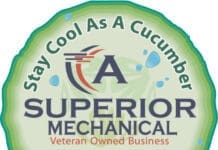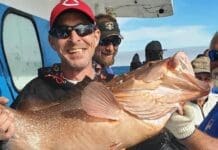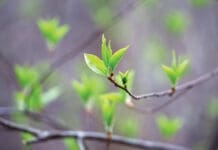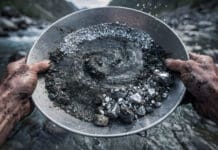By Lauren Goldsby
Cooler temperatures mean that I’ll take any reason to get outside in the garden, even if that means knocking off some dreaded chores. These are some ideas for what to focus on in your yard right now!
Landscape
It’s the best time of the year to transplant trees and shrubs. Trees planted in the fall can establish roots while temperatures are mild, water is not limited, and the tree is not actively growing.
Plan for the first freeze now. Consider what plants you will need to cover and what you will use to cover them. The EDIS publication, Cold Protection of Landscape Plants, can help you plan for freezing temperatures. It can be found by searching “ENH1 EDIS” into your preferred search engine, or you can pick up a copy at the Extension Office.
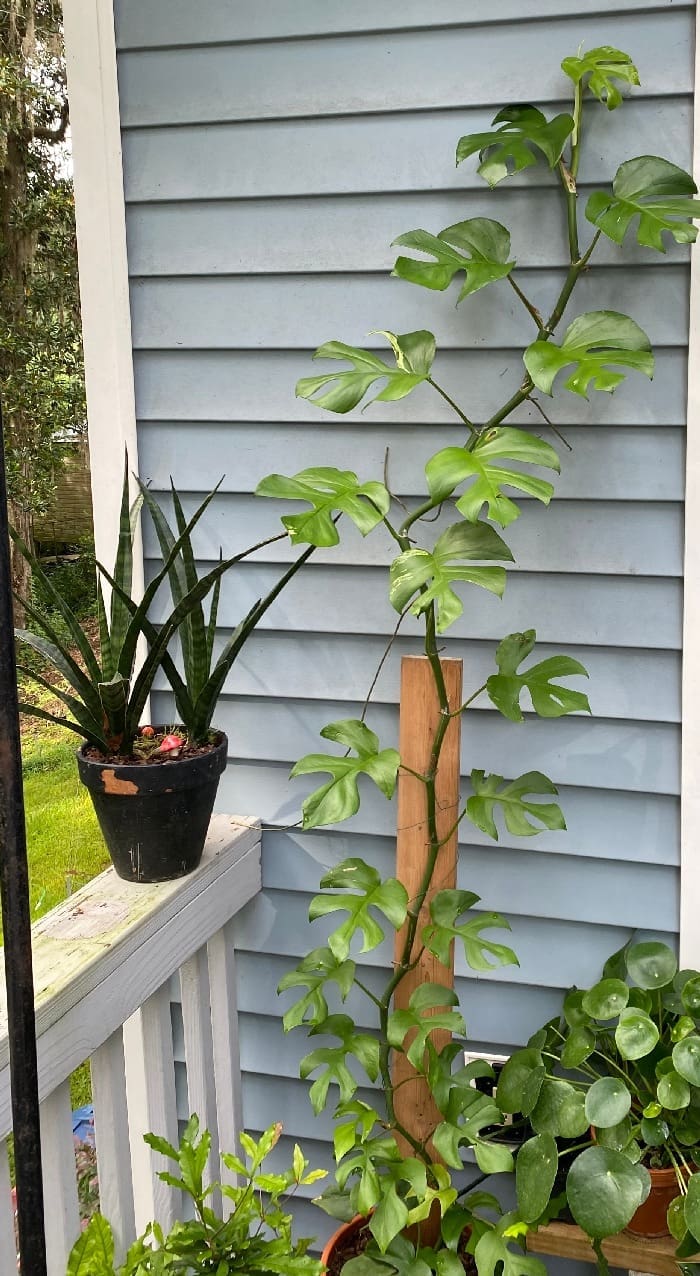
Check outdoor houseplants for pests before bringing them back into the house for the winter. Consider the size of your outdoor houseplants and where you will keep them in the house when it gets too cold outside. Now is a great time to take cuttings or divide plants that have gotten too large.
Flowers
Swap out your summer beds for cool-season plants that can survive throughout the winter. Alyssum, dianthus, geranium, pansy, petunia, and snapdragon are some of my favorites this time of year.
Many native wildflower seeds require or have improved germination after a period of cold temperature (usually 1-3 months); this is called cold stratification. Wildflower seeds should be planted in the ground now to allow for this. Seeds like black eyed susan, coneflower, and native milkweed benefit from cold stratification. Look for seeds with ecotypes native to Florida or the Southeast.
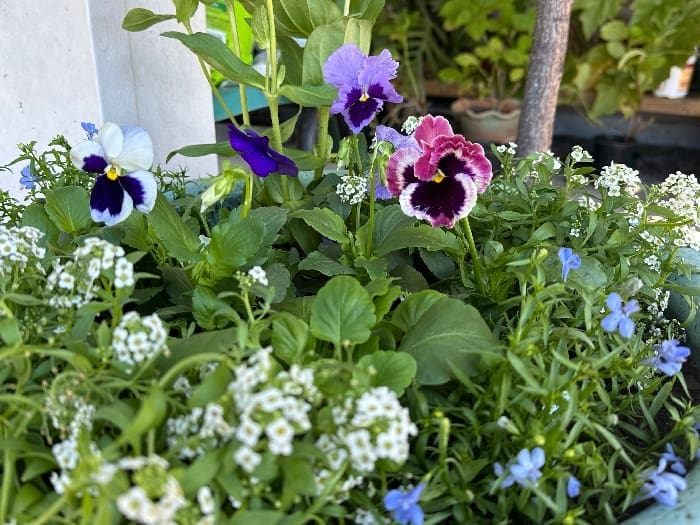
Edible
It’s not too late to have a fall vegetable garden. Leafy greens like arugula, cabbage, collard, kale, and swiss chard can be transplanted into the garden. Other brassicas such as broccoli, brussels sprouts, kohlrabi, and cauliflower can be transplanted as well. Root vegetables like beet, bunching onion, carrot, radish, and turnip should be planted from seed directly into the garden soil.
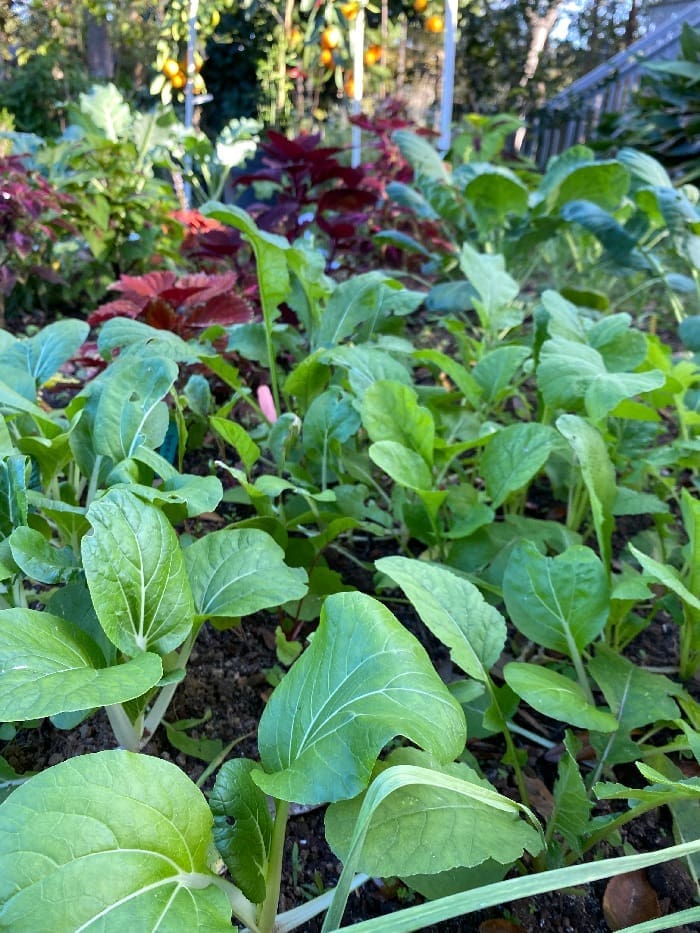
An Equal Opportunity Institution. UF/IFAS Extension, University of Florida, Institute of Food and Agricultural Sciences, Andra Johnson, Dean. Single copies of UF/IFAS Extension publications (excluding 4-H and youth publications) are available free to Florida residents from county UF/IFAS Extension offices. Contact our office at 850-248-8091 or Email legoldsby@ufl.edu. Follow us on Facebook @bayifas and Instagram @ufifasbay.

